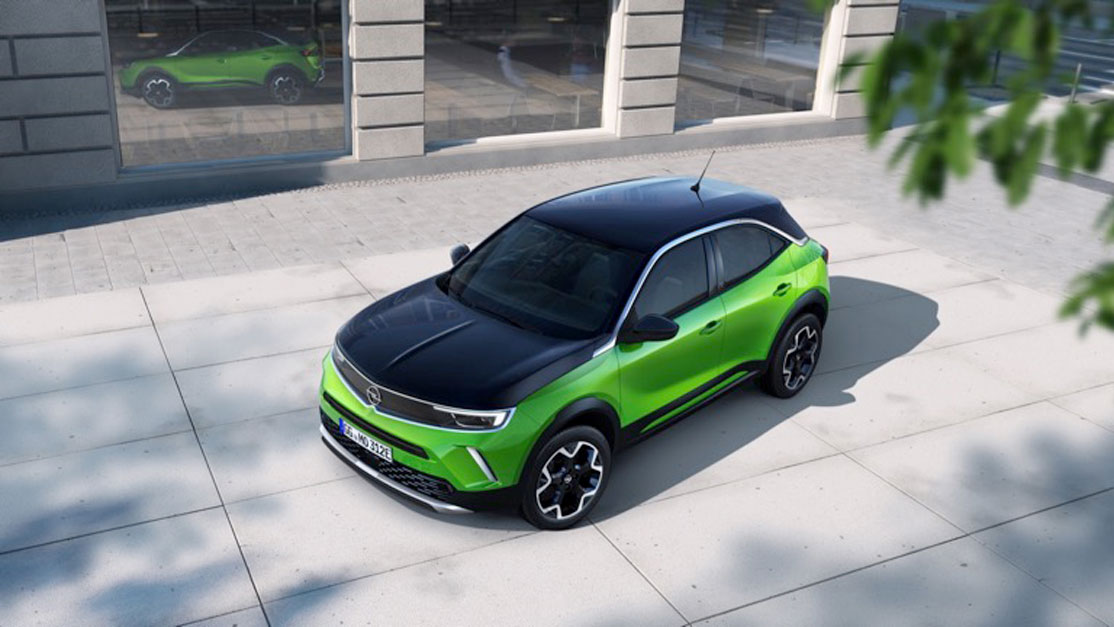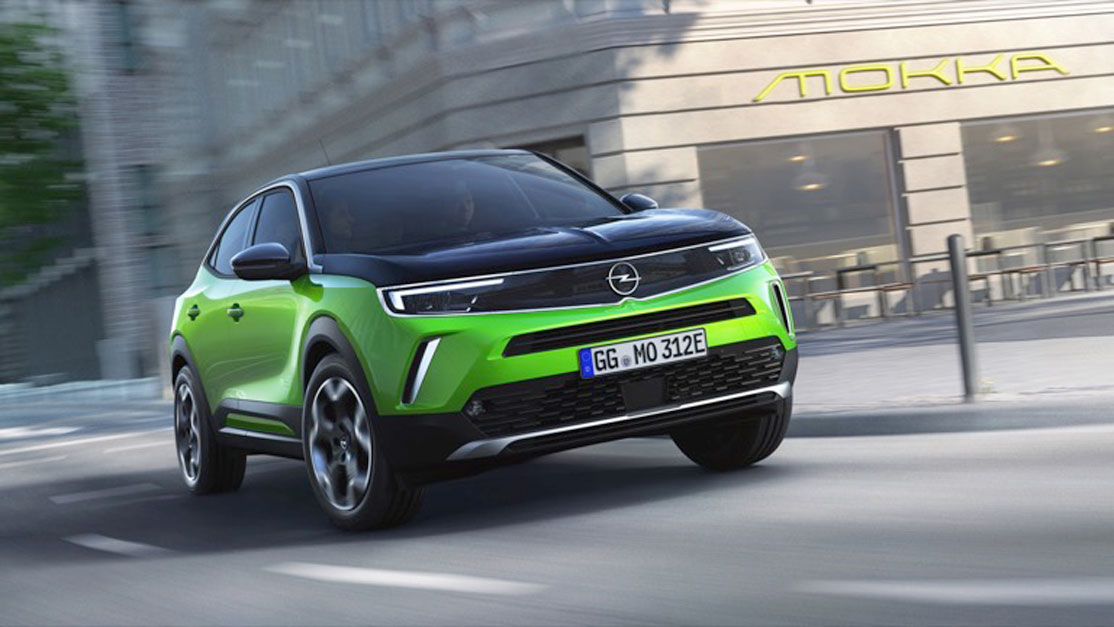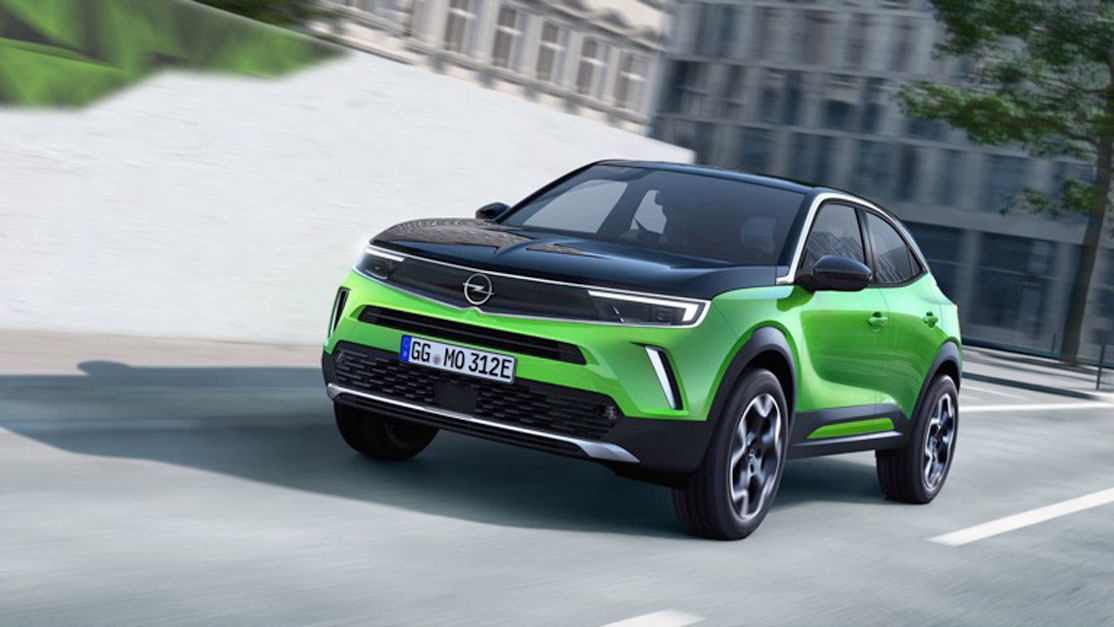
Mon-Fri 9am-5pm
Talk to our friendly electric car leasing experts now: 01942 910 001This website uses cookies to ensure you get the best experience. Learn more
The Future of Electric Cars in the UK is certain (and it’s happening)

THe ZEV Mandate becomes official - the future of electric cars in the UK is certain
December 2023 will be known as a watershed point in time for the future of electrification in the UK. With 2023 proving to be a mixed message year for zero-emission, there were some naysayers suggesting that the momentum would perhaps come to a grinding halt.
With personal / consumers not taking up new EV sales with the same rigour as fleets and businesses plus the Government extending an all-electric transition from 2030 to 2035 the prospects seemed less certain.
And in the background, we had reports that a lack of an EU deal could bring about a 10% tariff on the already expensive electric vehicles, with only a smattering of manufacturers confirming production within the UK (like the Mini EV in Oxford and Nissan EV plant in Sunderland). But the market’s apparent turmoil was perhaps misplaced, with some positive reports and statistics dispelling some of the rumours and myths which have prolonged.

As the SMMT reported 2023 could see nearly 300,000 new BEVs registered during 2023, which is some 30% ahead of 2022. And in the used-sector, increasing choices and options are allowing more retail and domestic customers to make the jump out of combustion and into battery tech.
The confirmation by Parliament on 4 December 2023 was an important one for us, the ZEV Mandate was voted through Parliament with the formality of the sign off due in the New Year. In short, the recent consultation, will focus manufacturers on continued electric production for sale in the UK. Some key targets are now in place which essentially means manufacturers have to ensure a certain percentage of their product is purely electric. This is a phased process as per the below:
- 2024 - 22%
- 2026 - 33%
- 2028 - 52%
- 2030 - 80%
- 2035 - 100%
The ZEV Mandate is a key supporting document from the Government and puts a clear plan in place for the automotive industry. While not every UK citizen is being “forced to go electric” there is at least some structure on what to expect over the next 10 - 15 years.
This provides time for public and domestic charging infrastructure to evolve along with manufacturer product options and a robust energy plan. We do need certainty of the push towards EV, with many companies (like us) investing time and money to ensure this transition happens.
And in further good news (which very much went under the radar) an agreement was reached between the UK and EU, so that 10% tariffs were not applied to electric cars. As part of a “rule of origin” cars produced in the UK or EU would have to be largely made from locally sourced parts which, for electric cars, is difficult with many batteries coming from China.

However, battery production in the UK and Europe has been much slower than anticipated with the UK’s Britishvolt innovation failing to come into fruition. While the company was saved by an Australian organisation, there has been a surprising lack of information and announcements.
Until further notice, lithium-ion tech is more than likely to originate from China. The importance of delaying these tariffs was pertinent to both the UK and EU, with costs expected to be almost £4 billion if not properly resolved. As noted above, this was unwelcome news for the UK’s EV procurement industry which was facing considerable challenges already (including costs!). As reported in the BBC, the EU Commission will be investing circa €3bn to upskill battery protection in Europe while a delay on tariffs to 2027 is in place.
And in more good news, the Stellantis-owned car manufacturer Vauxhall announced more investment into their popular SUV - the Mokka. Having been launched in 2021, the affable family car has proved to be popular with the UK’s leasing demographic. But in an effort to raise standards and customer experience, the group confirmed an adjusted battery configuration with a 50kWh Design and a 54kWh Design and GS.

So will the new Mokka electric SUV offer a good experience?
From £38,000 this FWD SUV will have a 50.8 kWh usable battery which will offer 0 – 62 times of 9.0 seconds, 93 mph top speeds and 115 kW (or 154 hp).
Expect a combined winter range of 150 miles with warmer weather allowing for 205 miles. On charging, the 115 kW AC max will allow 5 hour and 30 minute 0 – 100% charging times with the 100kW DC maximum allowing 26 minute 10 – 80% times. A cargo volume of 310L is available with this car. It has a vehicle fuel equivalent of 143 mpg. This EV will have no Bidirectional charging. And the car will not be able to tow.
For more information on going electric with the e-car team on the new Mokka EV, just head to -
e-car lease work alongside these select finance companies:





e-car lease have a partnership and affiliation with:



Register & get new deals weekly
 Exclusive offers
Exclusive offers
 Electric-only deals
Electric-only deals
 Never miss out
Never miss out

Talk to one of our experts
01942 910 001 Email usLeasing


© Copyright 2025 e-car lease. All rights reserved. e-car lease is a trading name of CarLease (UK) Ltd, e-car lease is a credit broker and not a lender. We are authorised and regulated by the Financial Conduct Authority. Registered No: 706617. BVRLA Membership No. 1471. Registered in England & Wales with Company Number: 09312506 | Data Protection No: ZA088399 | VAT No: 200422089 | Registered Office: Kings Business Centre, Warrington Road, Leigh, Greater Manchester, WN7 3XG
Made by morphsites®












